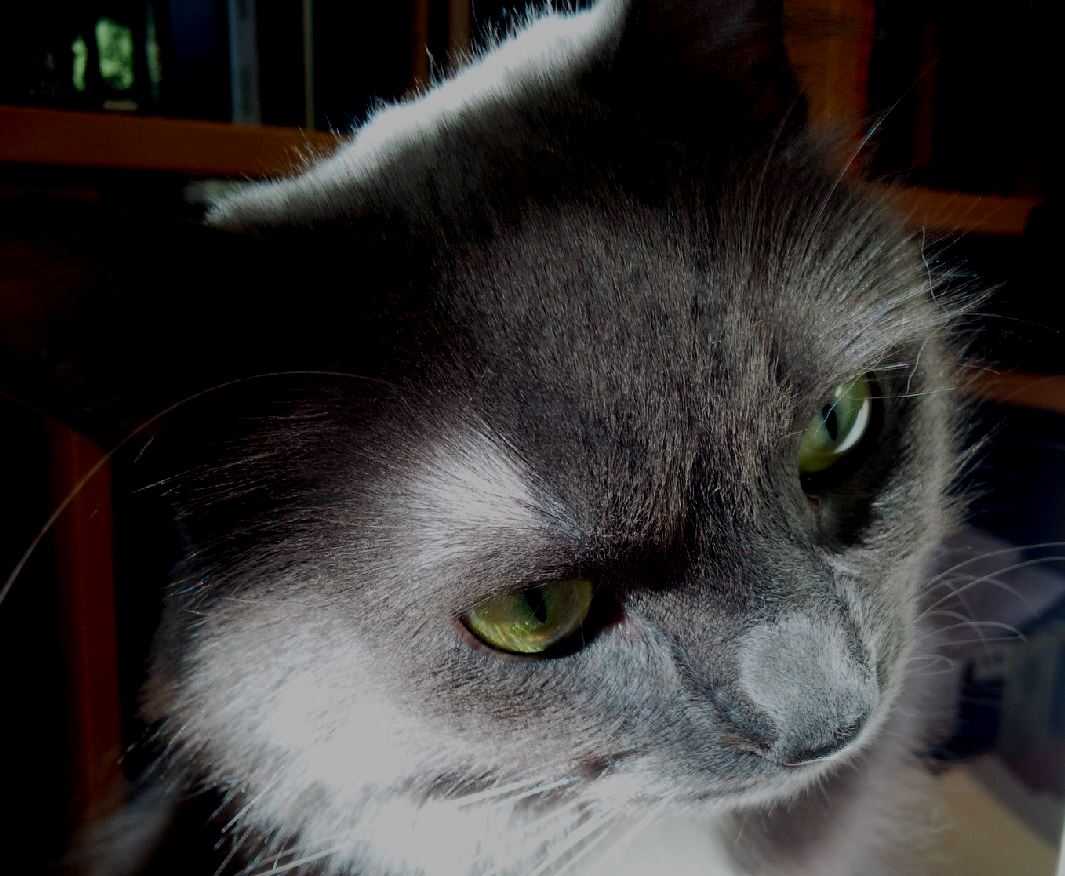On Animal faith
Excerpts from "On Animal faith" by David L. Clark
Zoë refuses to make me food and in that gesture of inhibition she makes a thought of me rather than a meal. My hand amid her pressed incisors is a thought. How strange! So I am thinking of the thoughts of this creature before me, the one in whom I wager a confidence, and who wagers one with me, the other animal who takes with her teeth yet elects not to bite, much less to eat (or eat in a certain bloody or unseemly way), and thus submits herself to a ritual or regulation that in effect creates a world in which we two animals dwell alone, together, at that moment, we two, vivre ensemble, playing at biting and being bitten among the meat-eaters, both feline and human. What we are doing together is not nature, is it? But does that make it culture? Perhaps that indeterminacy will be our shared Umwelt.
(…)
As if we needed to be reminded, eating and being eaten are hardly reducible to consumption for the same reason thatbiting flesh is so much more tearing into skin and bones. What to make of the frisson of the experience of the animalthat decides not to injure the other and thus to address the other and be addressed by the other on that very basis, acceding to the imperative, “Thou shalt not kill,” and all that flows irremissibly from it: “thou shalt not make him suffer, which is sometimes worse than death, thou shalt not do him harm, thou halt not eat him, not even a little bit, etc..” (as Derrida says in “Eating Well”). We cannot know and should not know in advance what an animal body cando, mine or an other’s. This suspension and this not-knowing is a kind of faith, a faith in the animal that too has faith, as Derrida also says: “the animal, it calls for faith and it has faith; it calls for trust and it trusts.” In the game at hand, in the game with your mouth and my hand, we partake of each other in what is nothing less than an animal sacrament.
Dust and Shadow Reader Vol. 2. Previous: admiration and care. Next: olufsenandi
